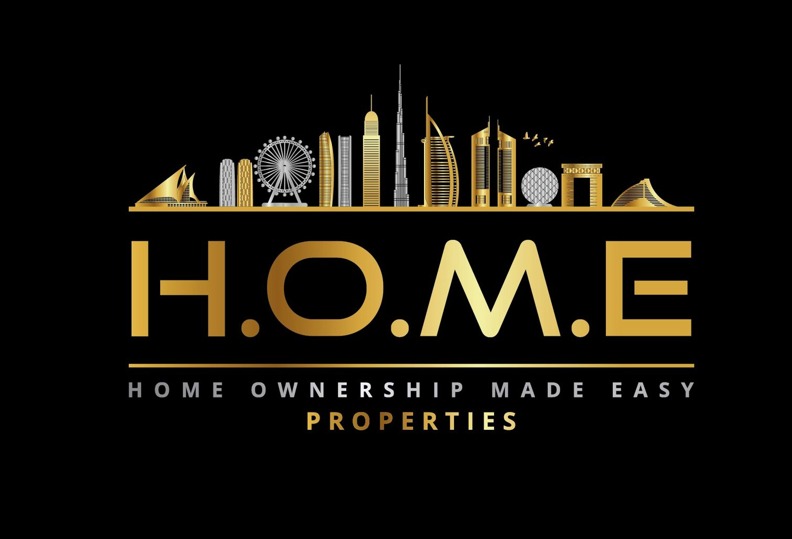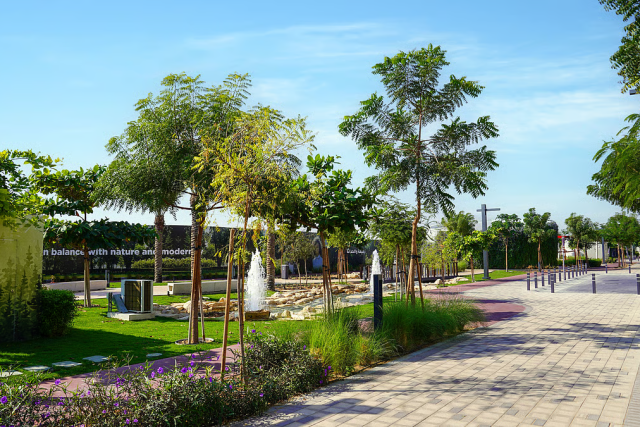Dubai is embracing the future of real estate—digitally. Through a pilot initiative by the Dubai Land Department (DLD), in collaboration with VARA and the Dubai Future Foundation, the emirate launched real estate tokenisation in March 2025. This infrastructure allows physical property assets to be converted into blockchain-backed digital tokens, each representing fractional ownership with legal title deeds issued to individual investors .
What Is Real Estate Tokenisation? 🤔
- Fractional ownership: Assets are divided into tokens, allowing investors to own a portion of a property rather than buying it outright.
- Lower entry barrier: Investors can begin with just AED 2,000 (about USD 545) .
- Blockchain transparency: Every transaction is recorded on-chain, enhancing clarity and reducing friction.
- Global access: Anyone worldwide can participate (as access expands beyond UAE residents) .
🚀 Early Success Stories
- First tokenised property (May 25, 2025): A two-bedroom apartment in Business Bay, valued at AED 2.4 million, was fully funded within one day. It attracted 224 investors from over 40 nationalities, with average investment around AED 10,714 .
- Second listing (June 11, 2025): A one-bedroom in Kensington Waters, Mohammed Bin Rashid City, valued at AED 1.875 million but offered at AED 1.5 million, sold out in just 1 minute 58 seconds. It drew 149 investors from 35 nationalities and had a waiting list of over 10,700 potential buyers .
- Two luxury properties sold for a total of AED 3.4 million in only 12 minutes, one of which was funded in 3 minutes with 258 investors participating .
🌍 Nationality Breakdown: Top Investors
According to data from Khaleej Times, within just the first month of PRYPCO Mint operations, more than Dh9 million worth of deals were completed. The leading investor nationalities by amount were Indian, Emirati, and Pakistani, followed by Canadians, Americans, and the British. In total, more than 50 nationalities participated . Indians, Emiratis, and Pakistanis are topping the list in terms of investment volume.
Why These Nationalities? 🌟
- Strong presence in Dubai: Indian and Pakistani communities form a large demographic in the UAE. Indians are one of the largest foreign investor groups, and Pakistani nationals own over 23,000 properties in Dubai—holding around US $11 billion in real estate assets .
- Cultural proximity and economic ties: Shared regional proximity, ease of cross-border finances, and strong diaspora networks make Dubai a preferred real estate destination.
- Affordability and growth potential: Compared to similar investments in India or Pakistan, Dubai offers high-quality infrastructure, stability, and significant upside potential.
🔍 Why the Demand Is Explosive
- Scalability and access: Fractional ownership is opening real estate to investors who were previously excluded due to capital constraints.
- Record subscription times: Properties are selling out in minutes or hours, showing real-time investor enthusiasm.
- Transparent legal framework: Tokens are tied to legal title deeds issued by DLD and regulated by VARA, offering security beyond many global token platforms .
- Alignment with Dubai’s 2033 real estate strategy: The initiative supports Dubai’s ambitious target of AED 1 trillion in property transactions by 2033, with tokenised assets projected to represent AED 60 billion (~7%) by then .
✅ Benefits and Risks: What Investors Should Know
Benefits
- Liquidity: Tokens can be traded more easily than physical property.
- Lower cost of entry: Investors can start small and diversify across multiple properties.
- Transparency: Blockchain audit trail ensures clarity on ownership and transfers.
Risks
- Token price volatility: Token values may fluctuate independently of the underlying asset’s actual performance or rental yields .
- Costs: Blockchain transaction fees, compliance costs, and platform charges can add up.
- Regulatory uncertainty: Although Dubai leads in regulation, tokenisation is still evolving globally.
🎯 Institutional Momentum
Major developers like DAMAC Group have signed a $1 billion deal with blockchain platform MANTRA to tokenize real-world assets across the Middle East—including real estate and data centres—expected to launch in 2025 . This corporate interest reinforces confidence in the space.
💡 A Glimpse Into the Near Future
- Tokenisation is poised to become a mainstream investment avenue as regulatory frameworks strengthen.
- More projects, including high‑end assets like office towers and branded residences, are expected to launch.
- Cross-border platforms may open to international investors beyond UAE residents.
🌐 Broader Implications
While tokenisation doesn’t replace traditional real estate, it offers a hybrid model—leveraging the best of physical assets and digital innovation. Dubai’s approach may serve as a blueprint for other global cities exploring tokenisation under regulated frameworks
🎉 Summary
In just a few months, Dubai’s tokenised property revolution has taken off. Indian, Emirati, and Pakistani investors are among the largest participants, helping drive millions in fractional investment through PRYPCO Mint. With properties selling out in minutes, legal backing from Dubai Land Department, and ambitious growth targets—this sector marks a true turning point in global real estate investing.
🌟 Atmosphere: fast, global, tech‑driven.
💪 Opportunity: accessible, inclusive, transparent.
⚠️ Caution: volatility, fees, evolving regulation.
Dubai is clearly leading the digital transformation of real estate—making property dreams accessible to a global audience, one token at a time.




Leave a Reply